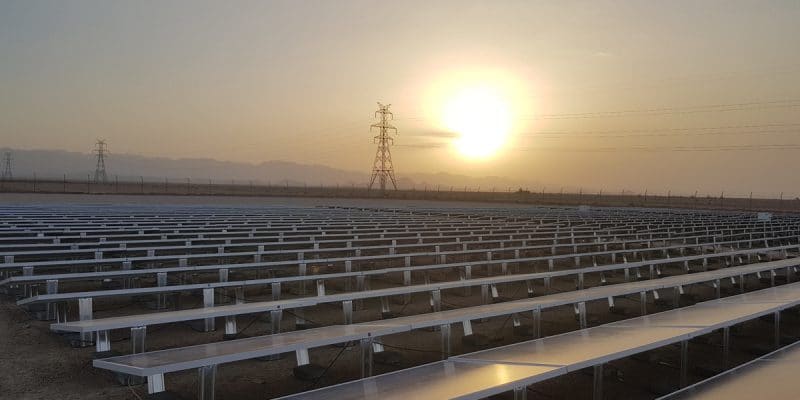At the 32th African Union Summit, held in Ethiopia from February 10-11, 2019, Werner Hoyer, President of the European Investment Bank, said that the EIB had broken its annual investment record in Africa in 2018 since it began operations on the continent 54 years ago. This represents an investment of €3.3 billion in several areas, including renewable energy, for a total capacity of 1600 megawatts (MW).
The European Investment Bank (EIB), a financial institution whose shareholders are the Member States of the European Union, achieved its annual investment record in Africa in 2018. In 54 years of activity on the continent, 2018 is the first and only year in which the EIB has provided up to EUR 3.3 billion on the continent. Funds have been allocated in 20 African countries to the private sector for a variety of projects, including clean energy projects.
In 2018, the EIB approved the financing of projects that will produce more than 1 600 MW of clean energy. In the solar power sector, examples include Morocco (135 million euros for the 2000 MW Noor Atlas project), Kenya (75 million dollars for the construction of two 40 MW plants in the Eldoret region) and Zambia (11.75 million dollars for the construction of the 34 MW Ngonye plant near the capital Lusaka). In hydroelectric facilities, infrastructure to supply some 10 million households and small businesses was financed in Ethiopia, Kenya, Nigeria, Uganda and Cameroon, where the bank provided a €50 million loan for the construction of the Nachtigal dam (420 MW) in central Ethiopia.
Towards a new EIB investment record in Africa’s green economy?
At the 32st African Union Summit, held from the 10th to the 11th of February in Addis Ababa, EIB President Werner Hoyer also highlighted investments in 2018 to combat land degradation, preserve forests and make fisheries and aquaculture more sustainable across Africa.
Since the beginning of its operations on the continent in 1965, the bank has had a $48 billion investment portfolio. Werner Hoyer does not exclude any more green credit for Africa in the coming months. “Today’s discussions with African leaders in Addis Ababa will help to strengthen the impact of the EIB’s engagement across the African continent in the coming years.” Said the CEO of EIB.
The EIB’s interest in Africa is understandable, as most of the continent’s renewable energy potential remains untapped, while nearly 650 million people, or 50% of its population, live without electricity.
In Africa, only 8% of the 1,100 TWh of hydropower reserves are exploited, while the Rift Valley’s geothermal energy potential, estimated at 9 GW, is exploited at only 6%. As far as solar energy is concerned, the average sunshine in African countries is twice as high as in Europe, with an average ranging from 1,750 kWh/m2/year to 2,500 kWh/m2/year compared to 1,150 kWh/m² in Germany, for example.
Boris Ngounou







